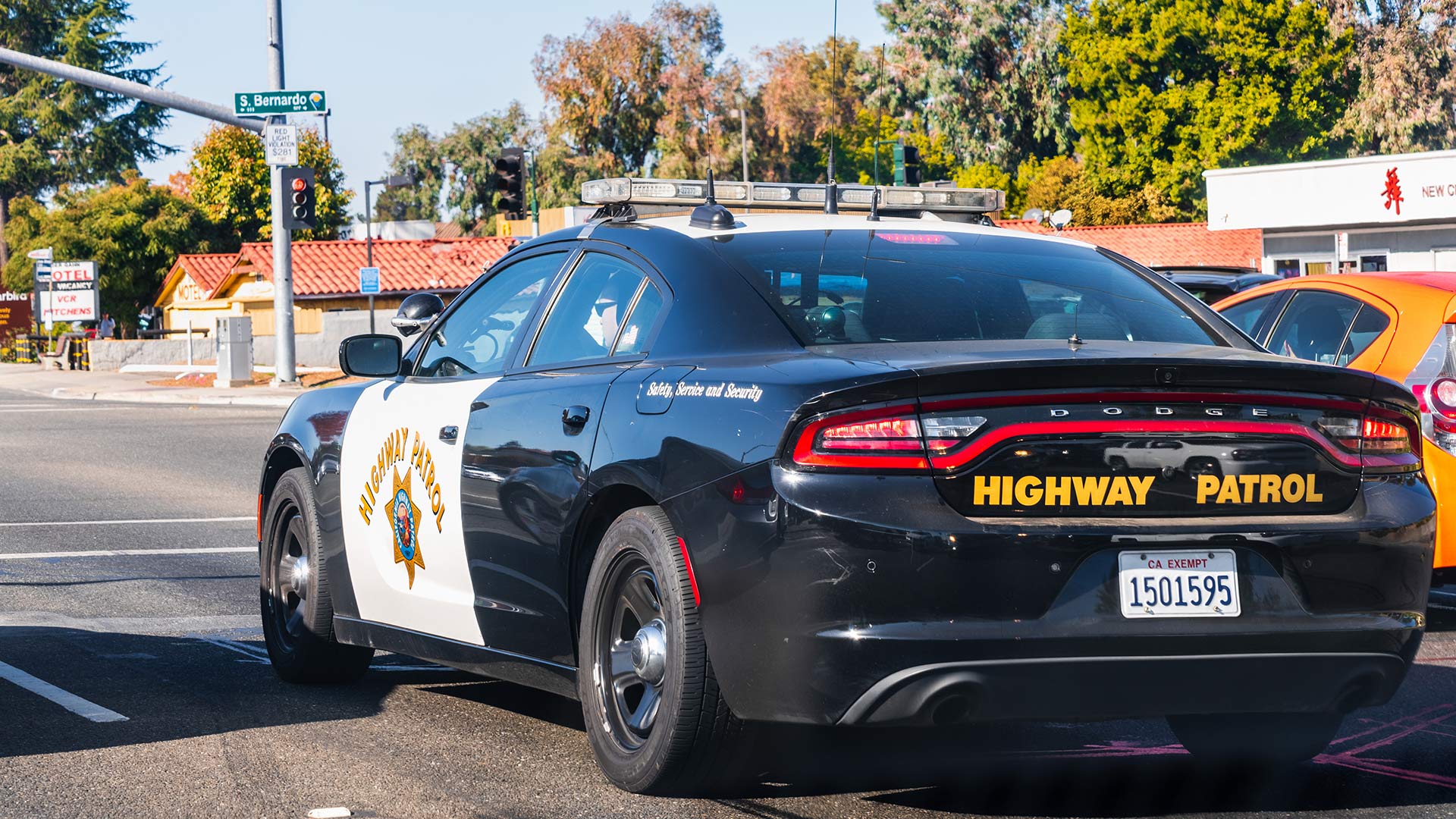
Ahead of the new year, the California Highway Patrol (CHP) shared with the public a list of new traffic laws — signed by Governor Gavin Newsom during last year’s legislative session — taking effect on January 1, 2023.
Kicking off the list was Senate Bill 960, which relates to the public employment of peace officers. The law removes the requirement that peace officers, including trainees, be citizens or permanent residents of the United States. Previously, California law mandated that a police officer must be a citizen of the country. The law maintains that peace officers must be at least 18 years of age and of good moral character as determined by a background investigation.
The CHP also listed SB 108 and AB 1740, which set guidelines for who can sell catalytic converters to recycling centers. Additionally, the laws require that recyclers keep track of the year, make, model and copy of the vehicle title that the catalytic converter was removed from to prevent catalytic converter thefts and trafficking.
Another law, SB 1472, expands the definition of “gross negligence” in cases of vehicular manslaughter. Drivers can be charged with vehicular manslaughter and gross negligence if a fatality results from activities such as sideshows, racing or speeding over 100 miles per hour. Related to that law is AB 2000, which makes it illegal to participate in races, burnouts, speeding or sideshow activities in parking lots and structures.
The CHP also noted the new “Feather Alert” created by AB 1314 that requires law enforcement agencies to send out a radio, television or social media alert (similar to AMBER alerts) when an indigenous person has been kidnapped, abducted or reported missing under unexplained or suspicious circumstances.
Another law, AB 1732, enables CHP to activate a “Yellow Alert” when a fatal hit-and-run crash has taken place. The alert system aims to utilize the public’s help investigating ongoing hit-and-run incidents.
Similar to the catalytic converter law, AB 1700 requires the Attorney General’s Office to launch an online reporting system for users of third-party online marketplaces to report listings of suspected stolen property. The information would be made available to CHP’s Organized Retail Crime Task Force as well as local law enforcement agencies to aid in investigations.
AB 1909, similar to the “move over or slow down” law, aims to protect bicyclists by requiring passing vehicles or vehicles overtaking a bicycle in the same direction to move over to an adjacent lane of traffic, if one is open, or slow down when passing the bicyclist. The law also allows Class 3 e-bike riders to use approved bicycle paths such as trails, bikeways and bicycle lanes.
The CHP also listed AB 1946, which requires CHP officers to work with the California Office of Traffic Safety to develop statewide safety and training programs for e-bikes. The training program, set to launch in September 2023, includes electric bicycle riding safety, emergency maneuver skills, rules of the road and e-bike laws.
Finally, AB 2147 prohibits peace officers from stopping pedestrians for violations such as jaywalking, unless the pedestrian is putting themself or others in danger from such behavior. The law aims to reduce violent confrontations between police and pedestrians.





